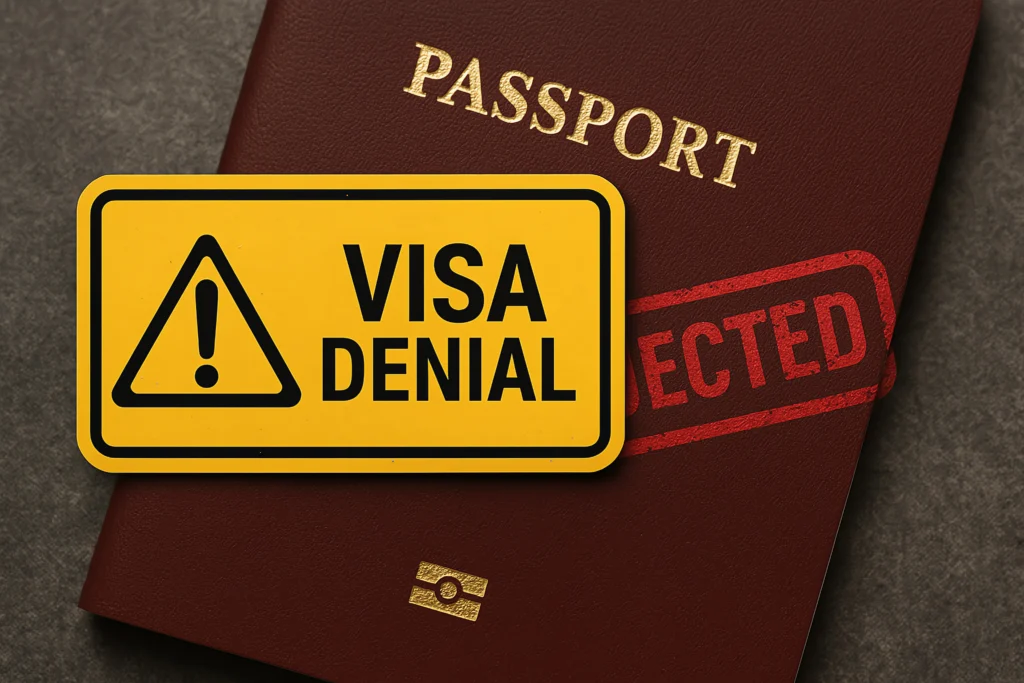Background
A Philippine citizen with horse racing experience, Antonio Neri, applied for Canadian permanent residence under the Start-Up Visa program. His business concept involved developing “jockey cam” technology to provide live camera feeds from jockeys’ perspectives during races through his company.

After relocating to Canada in 2021 as a start-up visa applicant, Neri discovered that similar jockey cam technology already existed at numerous racecourses. His sole potential customer was HAPI Jockey Club Inc. in the Philippines for a racecourse that remained under construction.
Officer’s Decision and Rationale
The immigration officer refused Neri’s application under subsection 89(b) of the Immigration and Refugee Protection Regulations, concluding that his start-up venture constituted an “artificial transaction” primarily designed to obtain immigration status rather than engage in legitimate business activity.
Other Resources on This Topic: Artificial Transaction Explained by the Federal Court
The refusal was based on three critical deficiencies:

1. Lack of Technical Competence and Team
- Neri possessed only a high school education with no technology development background
- No demonstrable experience in software, operating systems, or relevant technical fields
- Provided contact information for technical team members who were either non-functional or led to non-existent individuals
2. Questionable Business Legitimacy
- Made material misrepresentations about the construction status of the HAPI racecourse
- Proposed technology appeared to be pre-existing components that could be “ordered and assembled” rather than genuine innovation
- Limited to a single potential customer with minimal projected sales volume
3. Absence of Intellectual Property Control
- Refused to provide IP documentation, claiming unsupported trade secret protection
- No registered IP assets found in relevant databases
The Federal Court’s Findings:

The Federal Court dismissed Neri’s judicial review application, finding that the officer’s decision was reasonable and procedurally fair. The Court confirmed that officers may examine various contextual factors—including applicant’s education, professional background, IP ownership, and business viability—as part of their overall assessment without these becoming absolute requirements.
The Court found that the officer’s conclusion that the business was “merely a vehicle to secure immigration status” was supported by the evidence and reflected the proper application of subsection 89(b), which is designed to prevent artificial transactions.
Key Lessons for Start-Up Visa Applicants

- Demonstrate Relevant Expertise: Ensure that founding team members possess appropriate education, experience, or demonstrable competence in the proposed business sector. If technical expertise is lacking, secure legitimate partnerships with qualified professionals and provide verifiable contact information.
- Maintain Business Integrity: All representations regarding business progress, partnerships, market conditions, and technology development must be accurate and verifiable. Avoid overstating achievements or making claims that cannot be substantiated through documentation.
- Establish Clear IP Ownership: Properly document, register, and protect intellectual property assets where applicable. Understand Canadian IP protection requirements and be transparent about IP status rather than making unsupported claims about trade secrets or proprietary technology.
- Build Substantive Market Validation: Develop multiple potential customer relationships and revenue streams supported by realistic market research. Single-customer dependencies, particularly with unestablished entities, raise significant viability concerns.
- Understand the Holistic Assessment: Immigration officers conduct comprehensive evaluations of all circumstances to determine business legitimacy. The cumulative effect of multiple deficiencies significantly increases refusal risk, even if individual requirements appear to be met.
Conclusion
This case reinforces that Start-Up Visa applications must demonstrate genuine business ventures with legitimate prospects for success. Officers are empowered to look beyond formal program requirements to assess the authenticity of the underlying business purpose and the applicant’s capacity to execute their proposed venture successfully.














